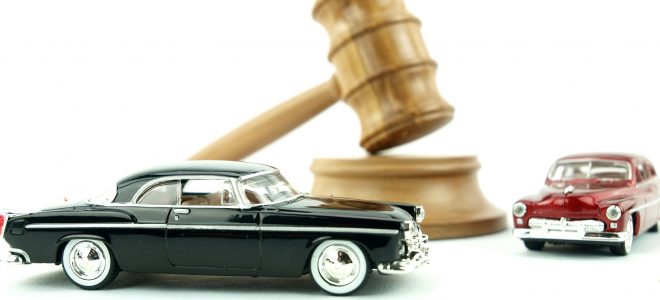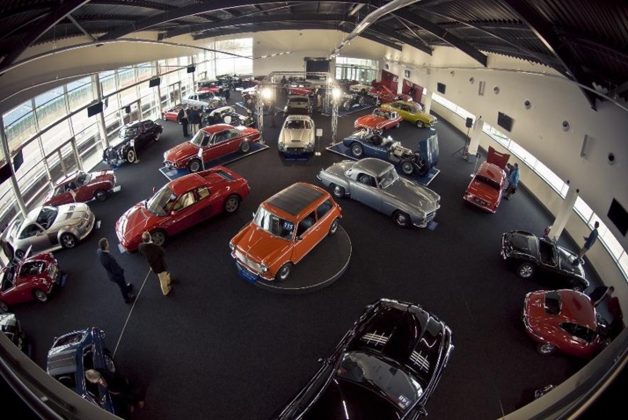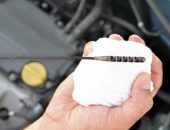
If you’re in the market for a new car, you might be considering purchasing through car auctions. Car auctions are becoming increasingly popular ways to find cheap and reliable cars, but learning how to navigate the process can be difficult. To avoid getting duped, it’s important to know the ins and outs of how car auctions work.
Types of auctions
You’ll find a few different types of auctions, and each has a slightly different process. Government auctions typically sell vehicles with known histories in bulk. Although you won’t get the opportunity to drive a car before bidding on it, you’ll be able to find out how the car was maintained, used and fixed, and also the car’s mileage. Government auctions often have more competition than public auctions, so keep in mind that you won’t be the only bargain-hunter there.

source: auctionsinpretoria.co.za
It’s crucial to approach public auctions with caution. Some cars at public auctions have rough repos or have no guarantee of mileage. Cars sold at public auctions are usually those that didn’t sell at wholesale dealer auctions.
If you’re looking for a safe and reliable car, avoid salvage auctions entirely. Salvage auctions are best for serious hobbyists looking to tinker with salvaged cars. They aren’t suitable for someone looking to get a good bargain on an as-is car.
Before bidding
Cars at both types of auctions are sold solely on visual inspection. Make sure to look for signs of repair, such as oversprayed paint, rough sheet metal, scored brake discs, and other small details. That being said, polish and touch-up paint jobs are cheap, so you should still approach good-looking cars with caution.
Additionally, you should enter each auction with a general idea of what used cars are worth. The extra effort of researching local prices online and in classified listings will be worth it. Classifieds and online listings are also great ways to find ongoing auctions near you.

source: chernerbrothers.com
If you’re considering bidding on a car, make sure to write down the VIN, which can be found on the base of the windshield. Next, check other places to ensure that the VINs match, such as door and trunk lid stickers. As a general rule of thumb, avoid any cars with mismatched VINs, because these cars might have been in a major accident. Similarly, avoid any auctions that don’t allow you to check out VINs before bidding.
Be ready to walk away
Bidding turns competitive fast, so it’s easy to get caught up in the heat of the moment. Consider attending a few auctions before actually bidding on anything so you’ll be prepared for excitement and any overwhelming feelings. Visiting a few preliminary auctions will also help you get a feel for the bidding process.
On the day of the auction, arrive early to check out the lot. If you’re not familiar with cars, bring along a more knowledgeable friend. Don’t let yourself become too attached to one vehicle, or you may end up spending hundreds more than the car is actually worth.
Remember that walking away empty-handed is far better than driving away with a car that costs you more than it’s worth.

source: 3d-car-shows.com
Successful car auctions can score you a great car at a low price. However, no federal laws in the United States require the disclosure of flaws, damage, or recalls on cars being sold at auctions. Before the day of, check out the auction website or ad to determine whether cash payment is required. Finally, if you’re a picky shopper, you might want to reconsider car auctions. Car auctions aren’t for everyone, as they often require putting aside personal preferences.



